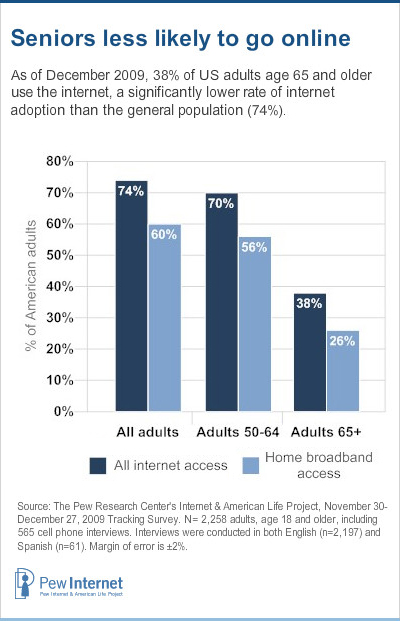Heartwarming Wired story.
U.S. filmmaker Dan Woolley was shooting a documentary about the impact of poverty in Haiti when the earthquake struck. He could have died, but he ultimately survived with the help of an iPhone first-aid app that taught him to treat his wounds.
After being crushed by a pile of rubble, Woolley used his digital SLR to illuminate his surroundings and snap photos of the wreckage in search of a safe place to dwell. He took refuge in an elevator shaft, where he followed instructions from an iPhone first-aid app to fashion a bandage and tourniquet for his leg and to stop the bleeding from his head wound, according to an MSNBC story.
The app even warned Woolley not to fall asleep if he felt he was going into shock, so he set his cellphone’s alarm clock to go off every 20 minutes. Sixty-five hours later, a French rescue team saved him.
“I just saw the walls rippling and just explosive sounds all around me,” said Woolley, recounting the earthquake to MSNBC. “It all happened incredibly fast. David yelled out, ‘It’s an earthquake,’ and we both lunged and everything turned dark.”
Woolley’s incident highlights a large social implication of the iPhone and other similar smartphones. A constant internet connection, coupled with a device supporting a wealth of apps, can potentially transform a person into an all-knowing, always-on being. In Woolley’s case, an iPhone app turned him into an amateur medic to help him survive natural disaster.
Bet Steve Jobs never thought of that.


